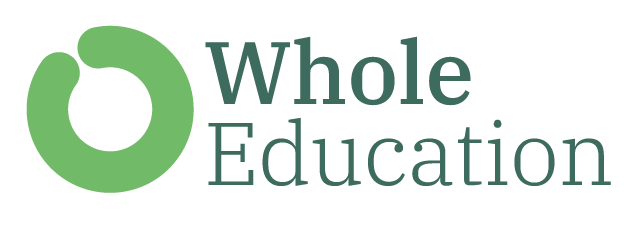Lab Classrooms
Our Lab Classrooms programme is an opportunity to engage critically with ‘two for one’ teaching and learning approaches – those which research indicates develop both academic knowledge and wider skills and qualities (for example, teamwork and communication).
Middle leaders will have access to coaching and expert support as they put together an action research project, alongside the opportunity to collaborate with hundreds of like minded peers from across England.
Lab Classrooms strands include:
-
Teachers craft lessons and design rich learning experiences that challenge, engage, and empower students in consequential work, and build genuine understanding, independence, and leadership. As much as possible, students work as scientists, historians, writers, mathematicians, and artists. (EL Education). These conditions are ideal for students to do some deeper thinking: students are really engaged in the topic, they have the familiarity with the background knowledge, they are comfortable using vocabulary and interacting with that vocabulary, and they are aware that there’s more that they need to understand.
-
Feedback and critique is information given to the learner or teacher about the learner’s performance relative to learning goals or outcomes (EEF). Feedback can be verbal or written and come from the teacher, another adult or peer. Hattie’s meta-analysis of all possible influences on achievement found that feedback had one of the most positive impacts (+0.7) although many studies show that the quality of feedback is variable. Expeditionary Learning (Ron Berger) popularised the concept of feedback & critique - helping pupils to give kind, helpful and specific feedback to each other in order to redraft and improve a piece of work.
-
Flipped Learning is an approach in which pupils learn core content ahead of the lesson, thereby allowing the teacher to maximise classroom time. This strand will focus on making the most out of digital resources. The aim is to improve attainment by allowing pupils to be better prepared for lessons, and teachers to have more information about their pupils and more classroom time to devote to in-depth, complex learning activities (EEF). Having data on pupil progress before they enter the classroom helps teachers to target resources more effectively.
-
Metacognition and self-regulation approaches aim to help students think about their own learning explicitly. It is much more than ‘thinking about thinking’. There are two parts: Metacognitive knowing relates to what someone knows about their learning e.g. I find my 7 times-tables hard to remember. Metacognitive regulation relates to what someone does about their learning e.g. is my current approach working? Metacognition phases are often broken into planning, monitoring, evaluating.
-
Oracy is the ability to articulate ideas, develop understanding and engage with others through spoken language (Voice 21). Oracy teaching is the deliberate explicit teaching of and practice for students of how to talk and through talk. It ranges from exploratory talk to presentational skills to debating. The oracy framework developed by Voice 21 defines the 4 strands of oracy as physical (voice, body language), linguistic (vocab, language..), cognitive (content, structure..), social & emotional (listening, audience awareness…).
What participants have said about Lab Classrooms:
“This has been an excellent opportunity to develop my teaching practice and potentially one of the most worthwhile pieces of CPD I have completed to date.”
“From the initial intervention, students' confidence has improved and they are starting to challenge each other's perceptions”
“Participating in Lab Classrooms really helped us to examine our own cognitive process when teaching”

